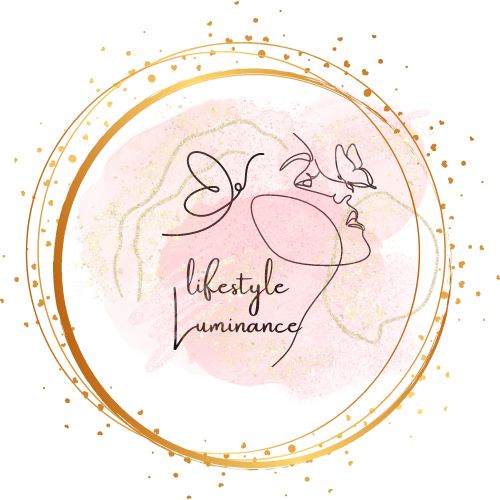Introduction:
Eggs have long been a topic of debate in the realm of nutrition. For years, they were vilified due to their cholesterol content, particularly in the yolks. However, recent research has challenged this perception, suggesting that consuming whole egg may not be as detrimental to health as once thought. In fact, for individuals without cardiovascular disease and high cholesterol levels, incorporating whole egg into their daily diet could offer various health benefits.
Table of Contents
Dispelling Myths Surrounding Egg Consumption:

One of the primary concerns regarding egg consumption has been its cholesterol content. The egg yolk, in particular, is rich in cholesterol, leading many to believe that eating egg would elevate blood cholesterol levels and increase the risk of heart disease. However, numerous studies have shown that dietary cholesterol has a minimal impact on blood cholesterol levels in most individuals.
The Truth About Eating Whole Egg: Debunking Myths and Embracing Health Benefits
Eggs have long been a staple of the human diet, delivering a powerhouse of nutrients packed into a compact shell. From their impressive protein content to a wide range of vitamins and minerals, eggs offer a range of vitality benefits. Whether you are an athlete looking for muscle recovery or just looking for a versatile and nutritious food to incorporate into your meals, we have all the information you need to get the most out of your egg diet. Let’s unlock the knowledge and discover the incredible benefits these humble spheres have to offer!
Key Takeaways:

Medium egg are a powerhouse of nutrients that support brain wellness, muscle development, and immune function. Their delicious versatility makes them an affordable and convenient addition to any meal. Rich in protein, essential vitamins, and heart-healthy fats, medium provides sustained energy and supports overall well-being. Plus, they’re a delicious and affordable ingredient for countless recipes!
Understanding Cholesterol and Its Relationship with Egg
Cholesterol is an essential component of cell membranes and a precursor to various hormones and vitamin D. While it’s true that eggs contain cholesterol, they also contain nutrients like protein, vitamins, and minerals that contribute to overall vitality. Furthermore, the body tightly regulates cholesterol levels, with dietary intake having only a modest effect on blood cholesterol levels for the majority of people.
The Role of Eggs in a Healthy Diet:

Eggs are a nutrient-dense food, meaning they provide a significant amount of essential nutrients relative to their calorie content. They are an excellent source of high-quality protein, containing all nine essential amino acids necessary for optimal health. Additionally, eggs are rich in vitamins such as vitamin D, vitamin B12, riboflavin, and folate, as well as essential minerals like selenium and choline.
Health Benefits of Consuming Whole Egg:
Contrary to previous beliefs, research suggests that consuming whole eggs may offer several well-being benefits. For instance, studies have shown that the nutrients found in eggs, particularly choline, may support brain health and cognitive function. Additionally, the protein in eggs can aid in muscle repair and maintenance, making them an ideal food choice for individuals engaged in regular physical activity.
Eggs and Cardiovascular Health:

While individuals with cardiovascular disease or high cholesterol levels may need to limit their egg consumption, for those with healthy hearts and cholesterol levels, moderate egg intake is unlikely to pose any significant risk. In fact, some research suggests that eggs may even have a beneficial effect on cardiovascular health by improving cholesterol particle size and reducing inflammation.
Incorporating Eggs into Your Diet:
To reap the well-being benefits of egg without overindulging, moderation is key. Aim to include eggs as part of a balanced diet, alongside other nutrient-rich foods like fruits, vegetables, whole grains, and lean proteins. Experiment with different cooking methods, such as boiling, poaching, or scrambling, to enjoy egg in various ways.
The Truth About Eating Whole Eggs: Debunking Myths and Embracing Health Benefits
Conclusion:
In conclusion, the notion that eating whole eggs, including the yolk, is detrimental to health has been largely debunked by recent research. For individuals without cardiovascular disease and with healthy cholesterol levels, incorporating eggs into their daily diet can provide numerous health benefits. By understanding the role of eggs in a balanced diet and practicing moderation, you can enjoy this nutritious food without fear of adverse health effects.

